Nanotechnology is the science of the very, very small. Measured in billionths of a metre, nanoparticles are similar in scale to viruses, proteins and antibodies. You could fit thousands of nanoparticles inside just one of your red blood cells, leaving ample room to spare. nano fertilizer in india could ve found in every good stores.
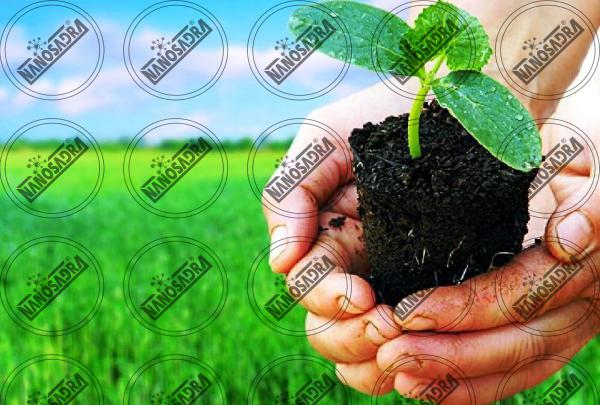
What are the advantages of using nano fertilizers?
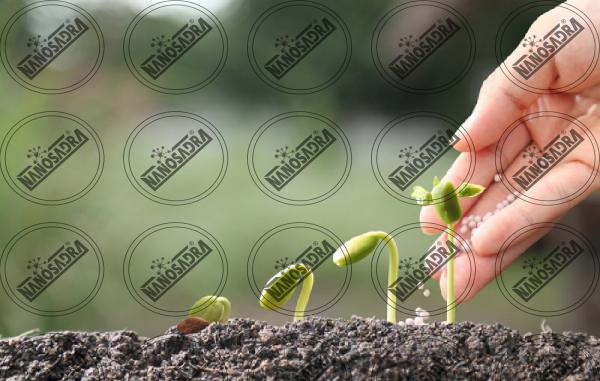 As for packaging, nanotech is already being used in the US to stop beers going flat. Plastic beer bottles used by brewer SABMiller contain flaky nanoparticles of clay, which fill up much more space in the walls of the bottle than molecules of plastic.
As for packaging, nanotech is already being used in the US to stop beers going flat. Plastic beer bottles used by brewer SABMiller contain flaky nanoparticles of clay, which fill up much more space in the walls of the bottle than molecules of plastic.
That makes it much harder for fizzy carbon dioxide to escape from the beer – or for oxygen, which can spoil the beer’s flavour, to get in. In future, smart nano-packaging might be able to change colour if it detects the gases given off by spoiling food, allowing consumers to make informed decisions about what’s safe to eat. Mayonnaise is an emulsion of tiny particles, and researchers are developing techniques that allow these tiny droplets to be precisely tailored, to give them specific tastes or textures.
How many types of nano fertilizers are there?
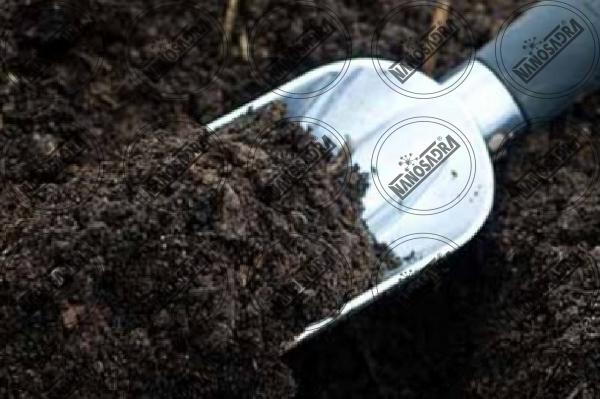 A variety of nanotechnology to be used in food is in development, and a few products have hit the market. But experts say that the traditionally conservative food industry is unlikely to adopt nanotechnology on a large scale unless it has compelling benefits for their business or their customers
A variety of nanotechnology to be used in food is in development, and a few products have hit the market. But experts say that the traditionally conservative food industry is unlikely to adopt nanotechnology on a large scale unless it has compelling benefits for their business or their customers
properties of these products:
- One of the main uses could be to deliver more vitamins and minerals through the food we eat.
- Nanoparticles could encapsulate vitamin supplements, which could be added to everyday foods such as bread.
- Manipulating food at this scale could help to develop lower-fat foods that still taste great, or allow manufacturers to pack more nutrients into otherwise vitamin-free foods.
- This technology should not necessarily be alarming, because the human body is already used to dealing with nanoscale food.
- It could reduce the amount of plastic used, for example, or make containers smarter by building in sensors that tell us whether the food inside is still fresh.
Nano fertilizer is the future of agriculture?
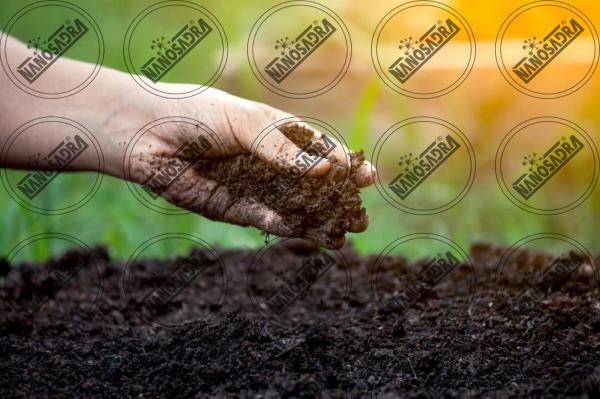 There is growing evidence that the body stores iron as solid, insoluble nanoparticles that are only broken down into useful atoms once they get inside our cells. Supplements containing iron in a soluble form can be toxic in very high doses, because they damage the gut. Powell wants to sneak iron directly into cells in their insoluble, nanoparticle form – piggybacking on the body’s natural route – to make a more effective supplement. nanotechnology fertilizer in india is famous. nano fertilizer soil amendments is the best too.
There is growing evidence that the body stores iron as solid, insoluble nanoparticles that are only broken down into useful atoms once they get inside our cells. Supplements containing iron in a soluble form can be toxic in very high doses, because they damage the gut. Powell wants to sneak iron directly into cells in their insoluble, nanoparticle form – piggybacking on the body’s natural route – to make a more effective supplement. nanotechnology fertilizer in india is famous. nano fertilizer soil amendments is the best too.
Powell has also been investigating the health impacts of nanoparticles that are foreign to the body. Nanoparticles of titanium dioxide are commonly used in sun creams, where they screen out harmful ultraviolet rays. Powell has found that if titanium dioxide nanoparticles get inside the body, they can accumulate in parts of the small intestine used by our immune system. nano fertilizer technology recently improved. Although the health implications of this accumulation are not understood, Powell thinks that manufacturers should steer clear of using nanoparticle additives that do not have a clear benefit. nanosensors in agriculture is very usefull too.
World’s best nano fertilizer producers 2019
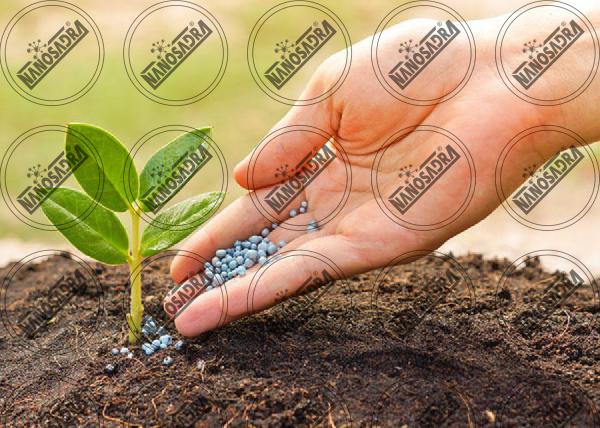 Researchers are just beginning to address that question. The UK’s Food Safety Authority (FSA) has been running two projects that look specifically at what happens when nanoparticles are ingested and results are due in the next few months. Sandy Lawrie, head of novel foods at the FSA, hopes the research will help companies planning to use nanotechnology test the safety of their products. Aside from these studies, there is relatively little toxicology data on ingested nanoparticles, although that doesn’t necessarily mean that the nanoparticles are dangerous, says Lawrie.
Researchers are just beginning to address that question. The UK’s Food Safety Authority (FSA) has been running two projects that look specifically at what happens when nanoparticles are ingested and results are due in the next few months. Sandy Lawrie, head of novel foods at the FSA, hopes the research will help companies planning to use nanotechnology test the safety of their products. Aside from these studies, there is relatively little toxicology data on ingested nanoparticles, although that doesn’t necessarily mean that the nanoparticles are dangerous, says Lawrie.

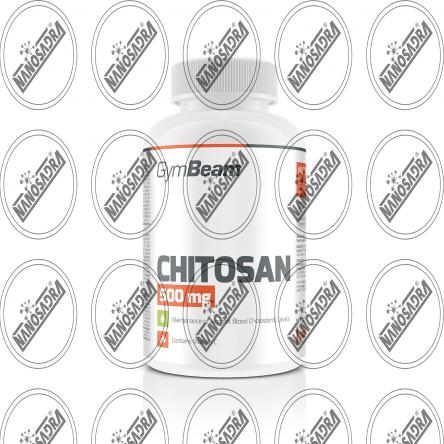
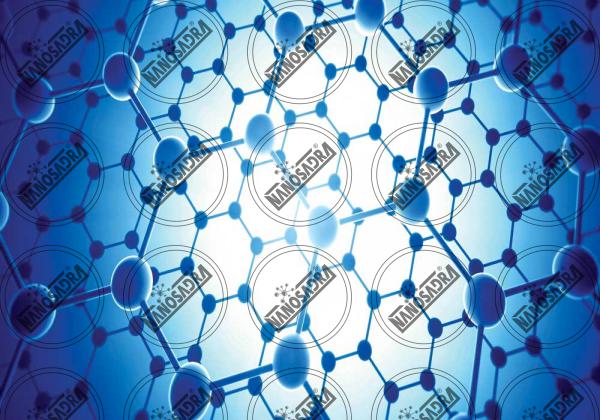
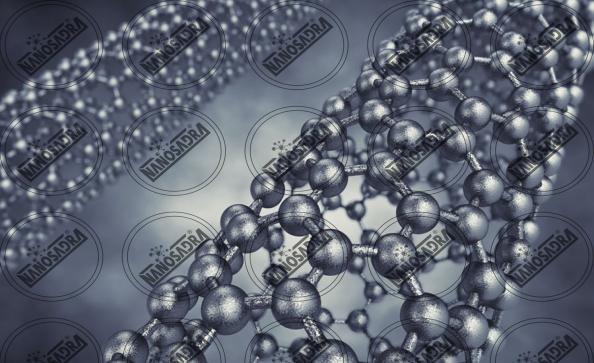
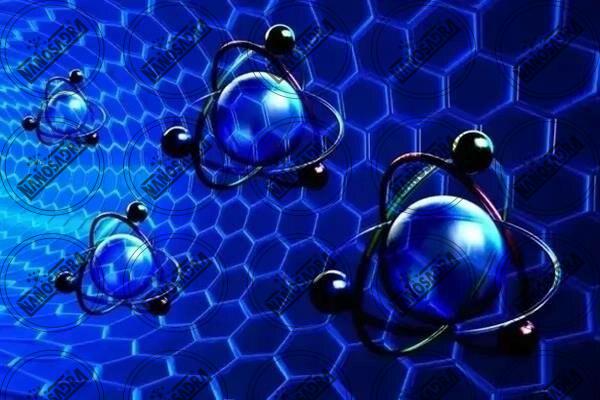
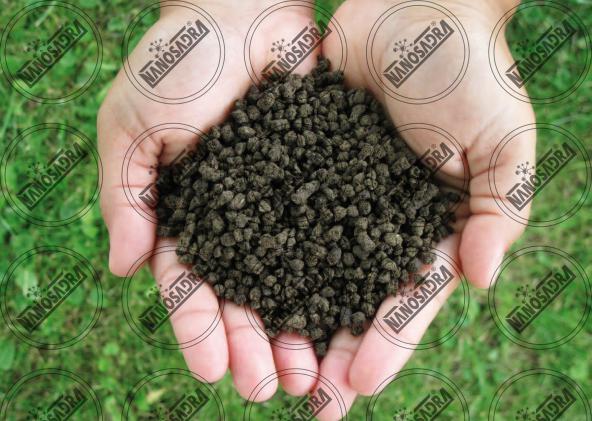
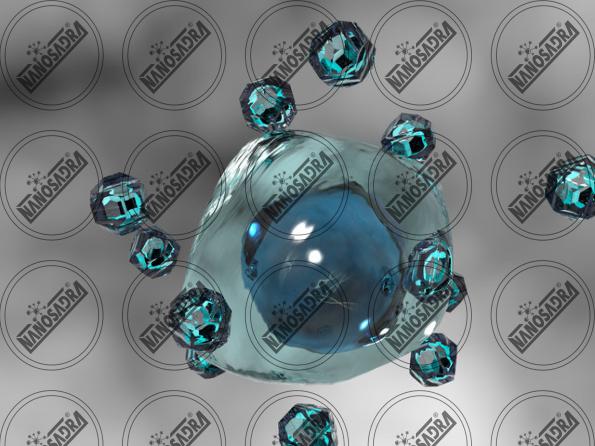
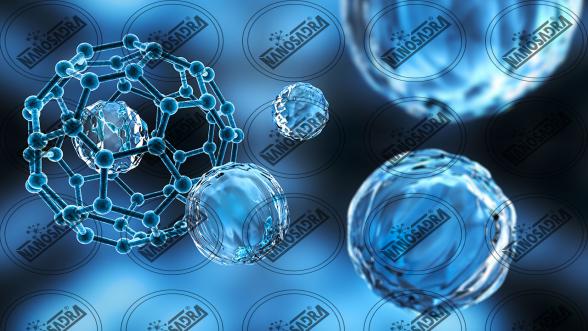
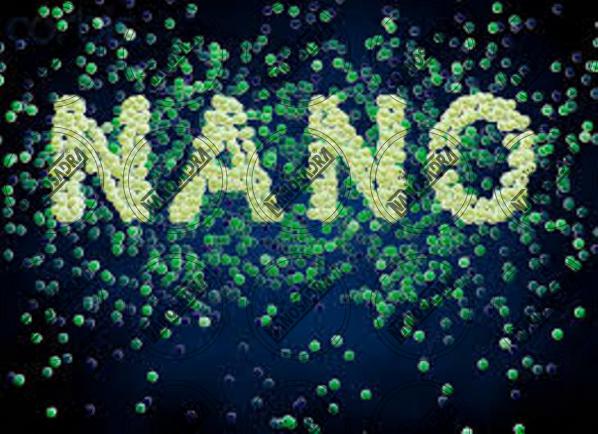
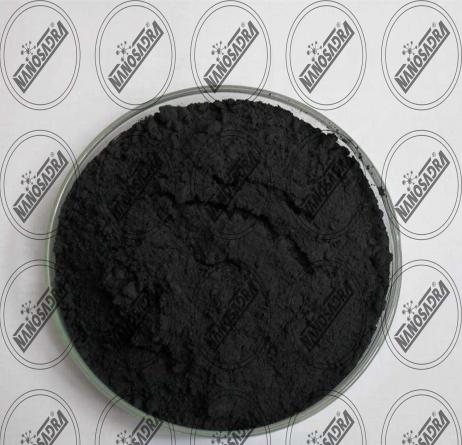
Your comment submitted.